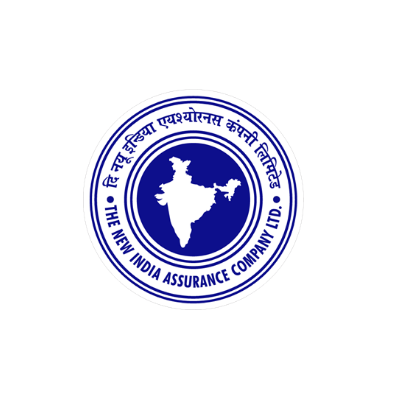COMMON EXCLUSIONS IN HEALTH INSURANCE POLICY
While choosing the right health insurance policy that matches your needs perfectly is ideal, it is imperative to know that many parameters are not included in a health insurance policy. It is always essential to read the policy carefully before making your selection. When it comes to health insurance, though different insurers have different limitations, there are certain set inclusions and exclusions in a general health insurance policy. What are these common exclusions? Let’s take a look.
Common Exclusions in a Health Insurance Policy
Although insurers provide various coverages depending on the type, their conditions and the requirement. However, there are certain conditions that are commonly excluded from every health insurance policy, be it any insurer. These include;
Pregnancy and Related Conditions
Maternity, childbirth, abortion or IVF and any treatment arising from or traceable to pregnancy, are not covered under any health insurance policy.
Pre-Existing Illness
Pre-existing illness or a medical condition you may be suffering from before buying a health insurance policy does not get covered in the policy plan.
Cosmetic Surgery
Surgery to enhance the appearance or looks of a person is not covered under any health insurance plan. Only in case of accident or injury if cosmetic surgery needed can be covered depending on the policy coverage and the insurer.
Dental, Vision and Hearing
Dental, hearing and vision procedures are not covered under any health insurance plan. They do not require any hospitalization as well.
Self-Inflicted Injuries
Injuries caused due to suicide attempts or any kind of self-harm are not covered by any health insurance plan.
Permanent Exclusions
Any transmission-related diseases, diseases through overconsumption of alcohol or drugs, smoking, chewing tobacco, treatment of any mental illness, congenital diseases or injuries in war and nuclear attack are all excluded from coverage by any health insurance plan.
While every insurer has its terms and conditions depending on the type of client coverage, there is also a general waiting period by which all the benefits of the health insurance policy can be made best of. Before purchasing any health insurance policy, keep in mind its waiting period.
The different waiting periods in a health insurance plan span generally, from 2 to 4 years for pre-existing diseases.
Typically,1-2 years for conditions such as hernia, osteoporosis and ENT-related disorders.
Usually, 90 days for newborn babies and infants.
Commonly, 2 years for medical conditions like spinal disorder, joint replacement, cysts, polyps, cataracts, internal tumours, or tonsils.
Remember, every health insurance policy is not similar and neither is every policyholder, so it is best to check on both the inclusions as well as the exclusions of the health insurance policy at the time of procurement.
FAQs – Frequently Asked Questions
Let's take a look at some frequent queries on Common exclusions in a health insurance policy
Q1. What does exclusion mean in health insurance policy?
Exclusion can mean a medical condition or a healthcare cost that is not covered under your health insurance plan by your insurer. If it is not covered, it signifies that your health insurance provider will not pay for it even if you submit a claim.
Q2. What is the correct way to buy a health insurance policy?
To get the policy that matches your requirement and to check what is covered and what is not covered in your health insurance policy is the ideal way to purchase a health insurance plan. Remember to choose the right coverage, review the sum insured based on your age and healthcare needs, avoid hiding any critical information or medical history from your insurer to avoid claim rejection and make sure to customize your health insurance policy with different add-ons for better and broad coverage.




































